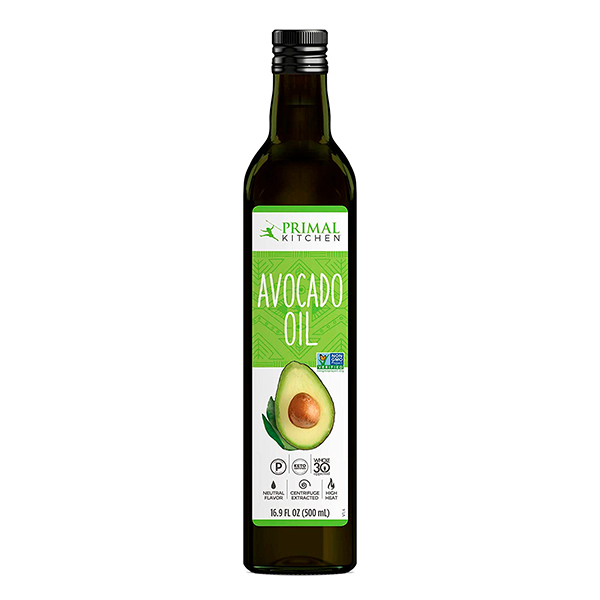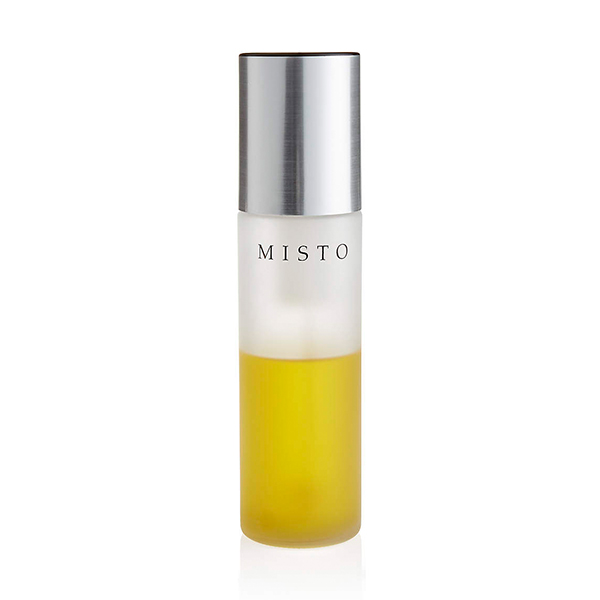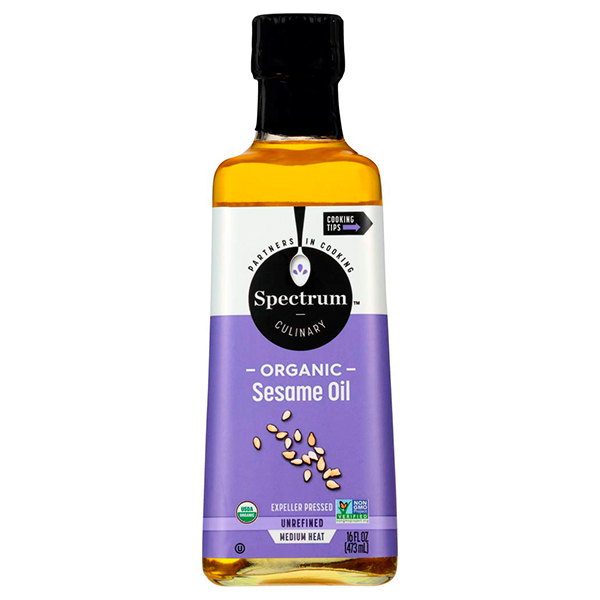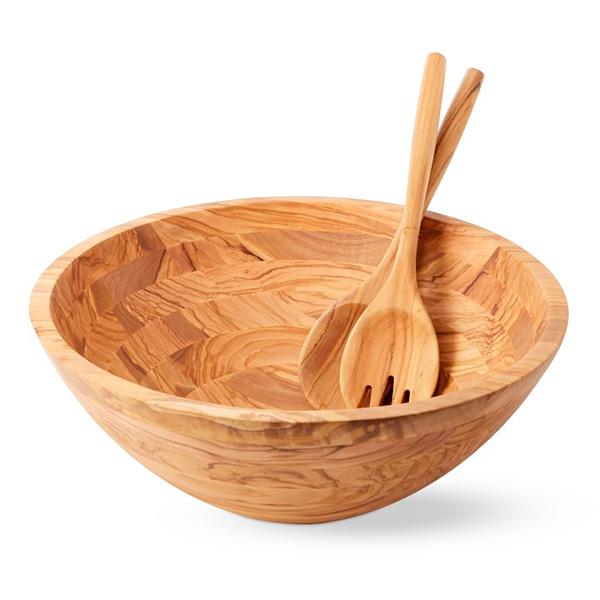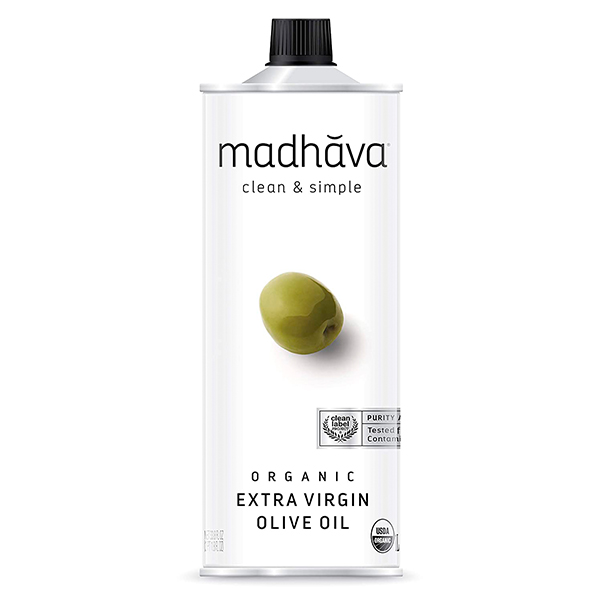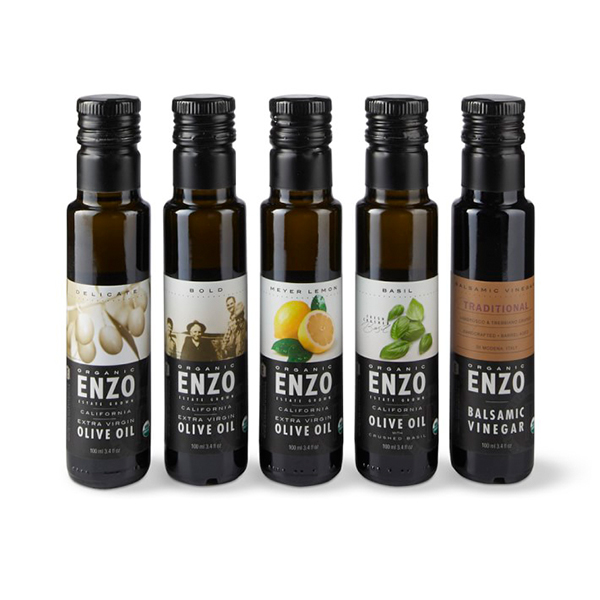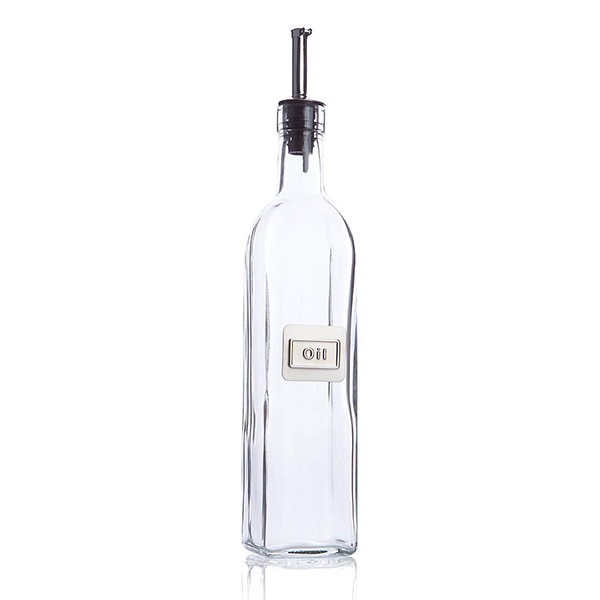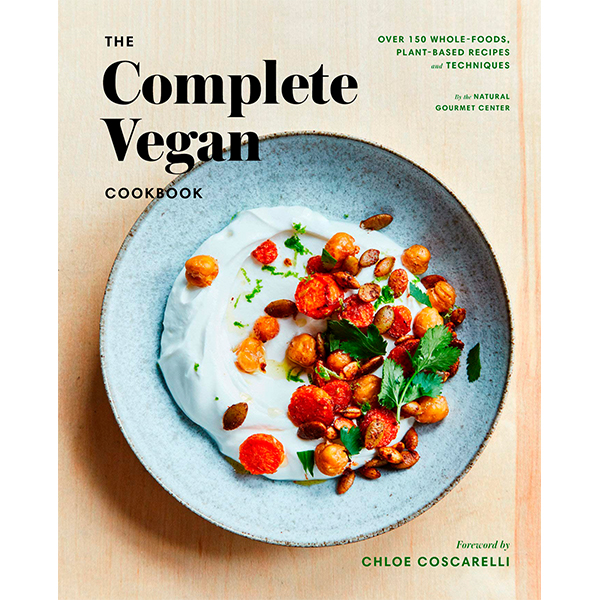Top 3 Healthiest Cooking Oils & Cooking Oils to Avoid
Lizzy Briskin
Every well-stocked kitchen needs at least one healthy cooking oil in the pantry. Whether you’re greasing a cookie sheet, oiling a skillet for a stir-fry, or shaking up a vinaigrette, you won’t get far without a go-to oil. But with countless options available, how do you choose the best for your needs? When do you reach for olive oil and when should you choose avocado instead?
Below, we share three healthy cooking oils that every kitchen should have on hand and some tips on how to use them.
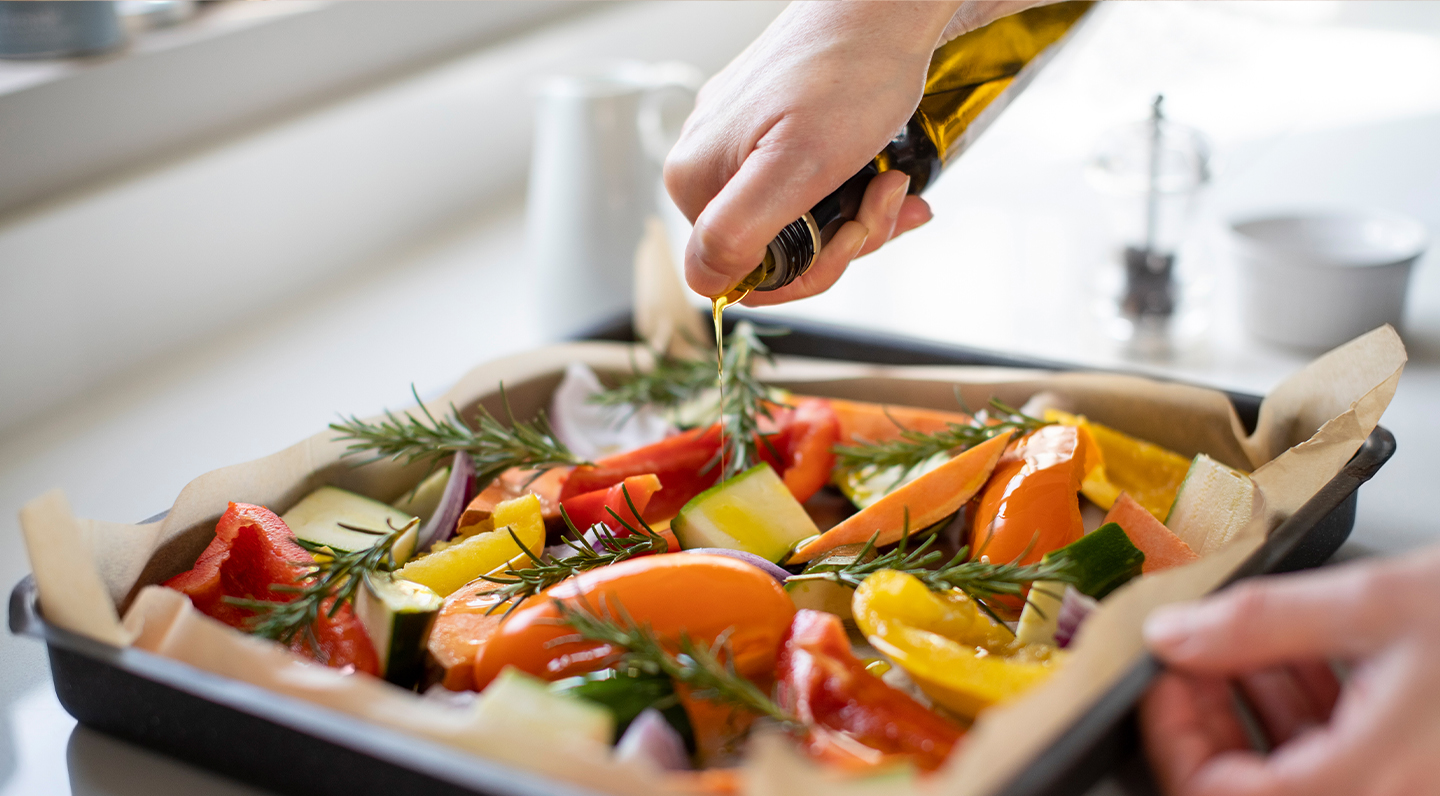

What Are the Best Oils to Use for Cooking?
Regardless of how often you cook or how elaborate your meals are, every home cook should stock these in their pantry:
Extra Virgin Olive Oil
Olive oil is an excellent source of heart-healthy monounsaturated fats, antioxidants, and anti-inflammatory compounds. You don’t have to spring for the top-shelf olive oil to enjoy a product that is high-quality and full of healthy fats. Select any organic olive oil that fits into your budget for cooking. Then, if you like, opt for a pricier bottle to save just for finishing dishes, drizzling on veggies, or whipping up dressings.
Use for: Salad dressings, sauces, sautéeing, and roasting vegetables
Try: Madhava Organic Olive Oil
Avocado Oil
This is another healthy unrefined oil that’s great for cooking. It can withstand higher temperatures than olive oil and it has a very mild flavor, which makes it a good choice for dishes where you don’t want the flavor of the oil to compete with other ingredients.
Use for: High-heat cooking, such as stir-fries, sautéeing, grilling, and baking
Try: Primal Kitchen Avocado Oil
Sesame Oil
This oil has a strong flavor that’s excellent for finishing dishes, especially those with Asian flavors. Sesame oil is a popular cooking oil throughout Asia and it’s another good source of monounsaturated fats. It’s not quite as nutrient-dense as olive and avocado oils, so use it more sparingly.
Use for: Asian dishes, sauces, and dressings
What Does Smoke Point Mean?
It’s impossible to talk about healthy cooking oils without also discussing smoke point. The smoke point of an oil refers to the temperature at which it starts to burn. If you’ve ever filled your kitchen with hazy smoke from a hot skillet and a drizzle of oil, you’ve experienced smoke point first-hand.
Every oil has a unique smoke point, and it’s important to know. When an oil reaches its smoke point, its nutrients start to break down and can impact the flavor of your dish—which means you lose many of the benefits of the healthy cooking oils we’ve discussed above. The higher an oil’s smoke point, the better it is for high-heat cooking. Reserve low smoke point oils like walnut for making dressings.
Here are the smoke points of the most common cooking oils:
- Extra-virgin olive oil: 325–410°F
- Avocado oil: 520–570°F
- Coconut oil: 350–385°F
- Sesame oil: 350–410°F


Are Seed Oils Good for You? Cooking Oils to Avoid
There are also several seed oils that are worth adding to your pantry if you’re looking for something new. Flaxseed, sunflower seed, and grapeseed oil can all be used to add a new flavor to your meals. But are these seed oils as good for you as olive or avocado oil?
Generally speaking, seed oils that are made by crushing whole plants to extract the oils are the healthiest. Avoid heat-treated and chemically-processed vegetable and seed oils, as the processing destroys some of the nutritional compounds.
In addition, some seed oils, including cottonseed and sunflower seed oil, are high in omega-6 fatty acids. While we need these essential fats in our diets, eating too much omega-6 can lead to chronic inflammation. Other oils high in omega-6’s include soybean oil, corn oil, and peanut oil.
The Bottom Line on Healthy Cooking Oils
The healthiest oils are high-quality, from a trusted source, and organic when possible. Keep olive and avocado oil on hand for raw, cooked, and baked recipes, and sesame oil to add a pop of flavor to your favorite Asian dishes.
Oils from other plants can add unique flavors and health benefits of their own, but use them in moderation to avoid overconsuming unhealthy fats.






